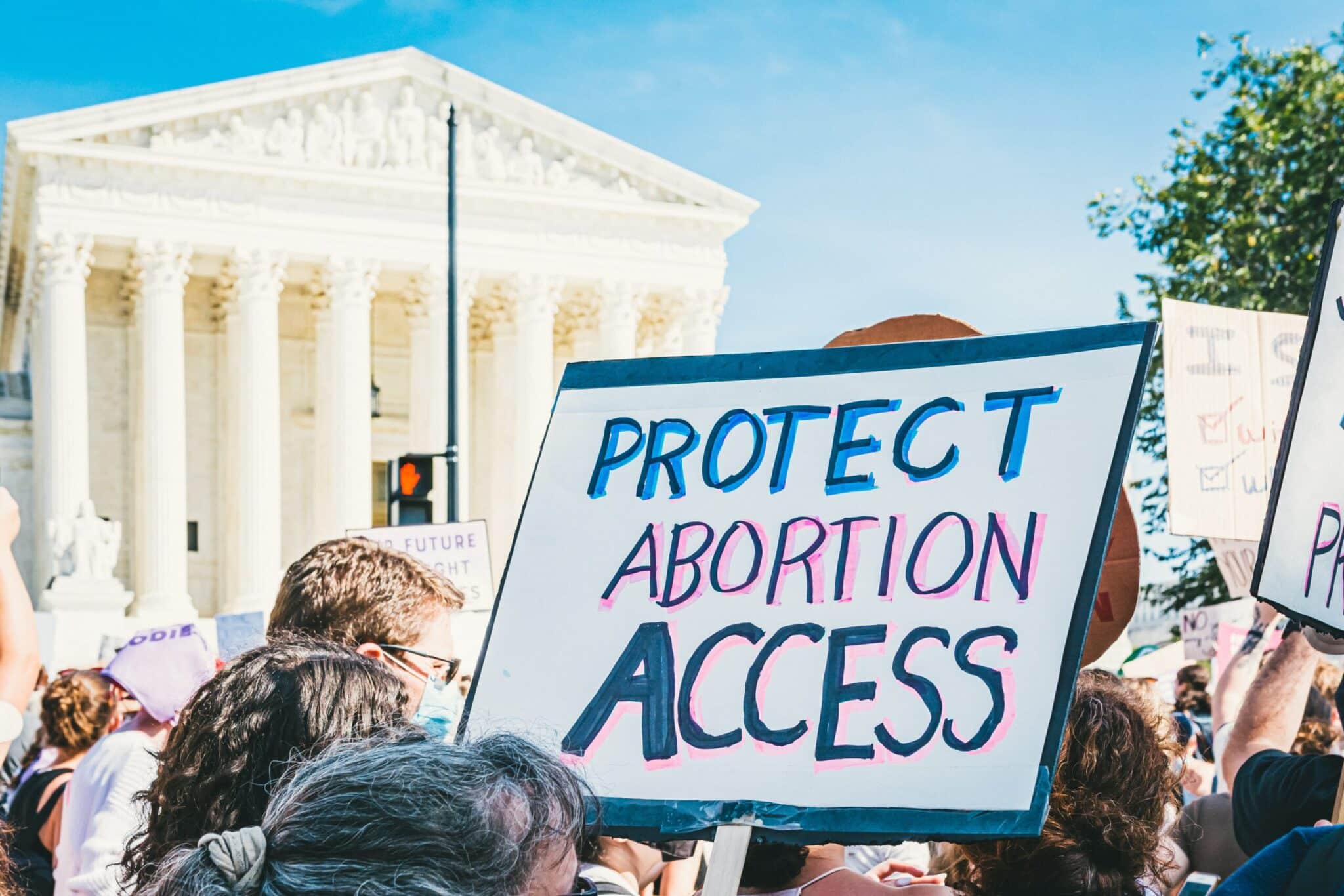The Pennsylvania Supreme Court handed down a win to abortion advocates on Monday, ordering a lower court to reconsider a challenge to the state’s 1982 Abortion Control Act, which bans the use of Medicaid funds for abortions.
The 3-2 decision both reversed the 1985 State Supreme Court Fischer v. Department of Public Welfare decision that upheld the Medicaid coverage ban, and also overturned the Commonwealth Court’s dismissal of the case, ruling that abortion providers have standing to challenge the constitutionality of the law. The high court also removed House and Senate Republicans as main parties in the lawsuit, finding that the lawmakers did not have a special interest to intervene in the case.
The lawsuit, which was filed in 2019, argued that the state’s ban on Medicaid-funded abortions violates the Equal Rights Amendment and equal protection provisions of the Pennsylvania Constitution. While the Commonwealth Court dismissed the case in 2021, arguing that abortion access was unrelated to women’s rights, the Supreme Court overruled this decision Monday.
In the 219-page decision in Allegheny Reproductive Health Center v. PA Department of Human Services, the majority of justices found that abortion restrictions amount to sex-based discrimination, which is “presumptively unconstitutional” under the state constitution. The court fell short of ruling on the constitutionality of the 1982 law, however, sending the case back to the Commonwealth Court instead.
“The ruling is really an enormous victory,” Christine Castro, a senior staff attorney at the Women’s Law Project and a lawyer on the case, told the Bucks County Beacon. “Fischer really hamstrung the promise of our unique state equality provisions. With this bad precedent overruled, not only does it provide an opportunity to finally slam the door shut on the Medicaid ban, but it also provides a more robust framework and an opportunity to really safeguard the reproductive freedoms and autonomy rights of Pennsylvanians.”
While this decision does not immediately end the Medicaid abortion ban, Signe Espinoza, the executive director of Planned Parenthood Pennsylvania Advocates, says “the underpinnings of our rights are in so much better shape today than they were yesterday.”
According to Espinoza, 1 in 5 women of reproductive age in Pennsylvania are enrolled in Medicaid and impacted by the state’s ban on Medicaid-funded abortions, which denies critical health services on the basis of sex and income level.
“Each person should be able to live, work, and make decisions about their future with dignity and respect no matter where they get their insurance,” she told the Bucks County Beacon. “We are really hopeful and we will be waiting to see what the Commonwealth Court does.”
Abortion is legal in Pennsylvania up to 24 weeks of gestation – and beyond that if the health of the pregnant person is at risk, but it is not yet a right enshrined in the state constitution. In reviewing the case, Justices David Wecht and Christine Donohue, who authored the majority opinion, did say the right to abortion is fundamental.
“The fundamental right of a woman to decide whether to give birth is not subordinate to policy considerations favored by transient legislatures,” Donohue wrote. “We conclude that the Pennsylvania Constitution secures the fundamental right to reproductive autonomy, which includes a right to decide whether to have an abortion or to carry a pregnancy to term.”
In a concurring opinion, Justice Kevin M. Dougherty called the majority’s opinion an “incredibly insightful position“ that “may ultimately prevail in the end,” but added that this particular case does not deal with the right to abortion, “at least, not yet.” Chief Justice Debra Todd and Justice Sally Mundy dissented, with Mundy referring to the Fischer decision as “well-considered, restrained, and appropriate.” Justices Kevin Brobson and newly-elected Daniel McCaffery did not participate in the ruling.
READ: How Abortion Became the Central Issue in Pennsylvania’s Supreme Court Race
In ordering the Commonwealth Court to reconsider the case, Dougherty also predicted its return to the Supreme Court. “There is little doubt the issue will eventually make its way back to this Court,” he wrote.
For now, Castro says that the plaintiffs and their legal team are still determining next steps, but are celebrating the revival of the case. According to Castro, the burden is now on the state to satisfy strict scrutiny – the highest standard of judicial review used to evaluate the constitutionality of discriminatory laws.
“That’s a very tall order,” she said. “So we’re very confident that, although the Medicaid ban is still in effect today, it’s nearing its end.”







